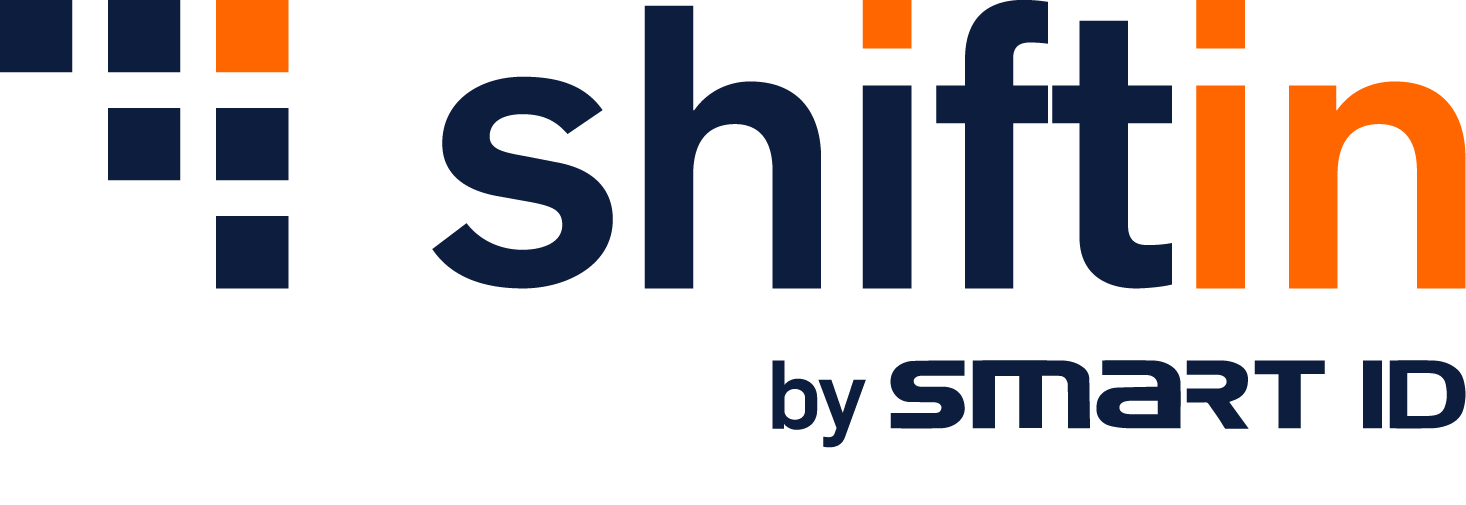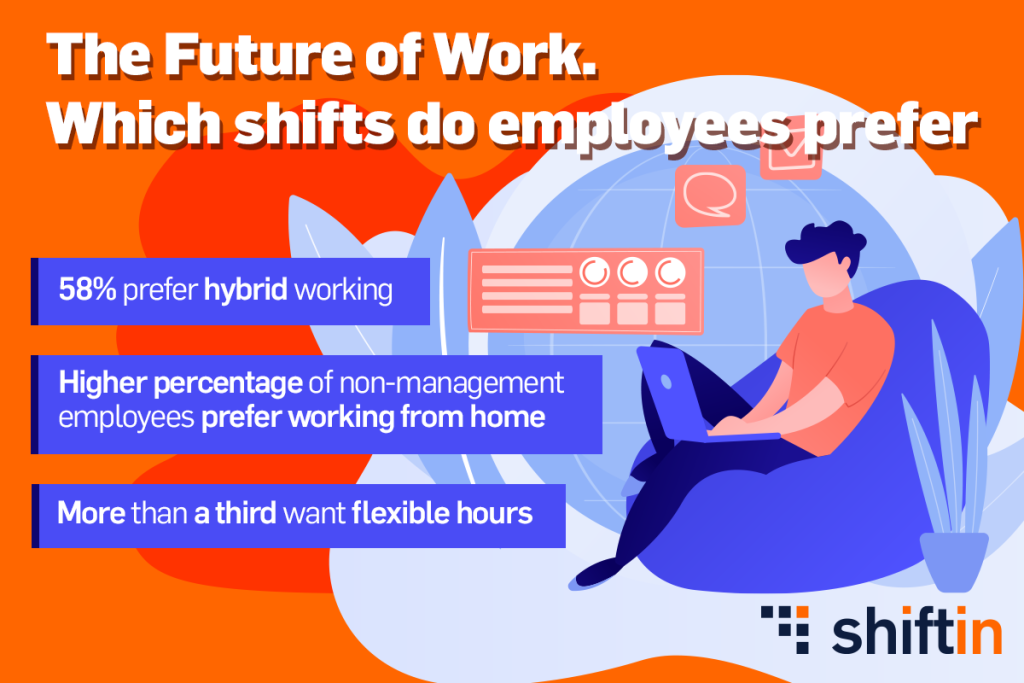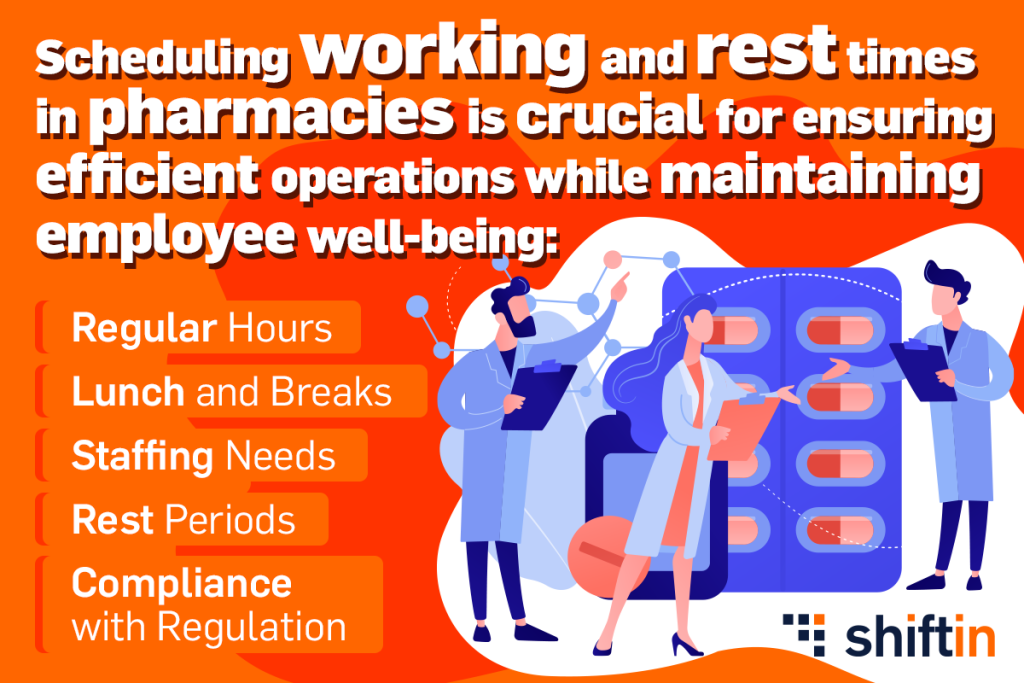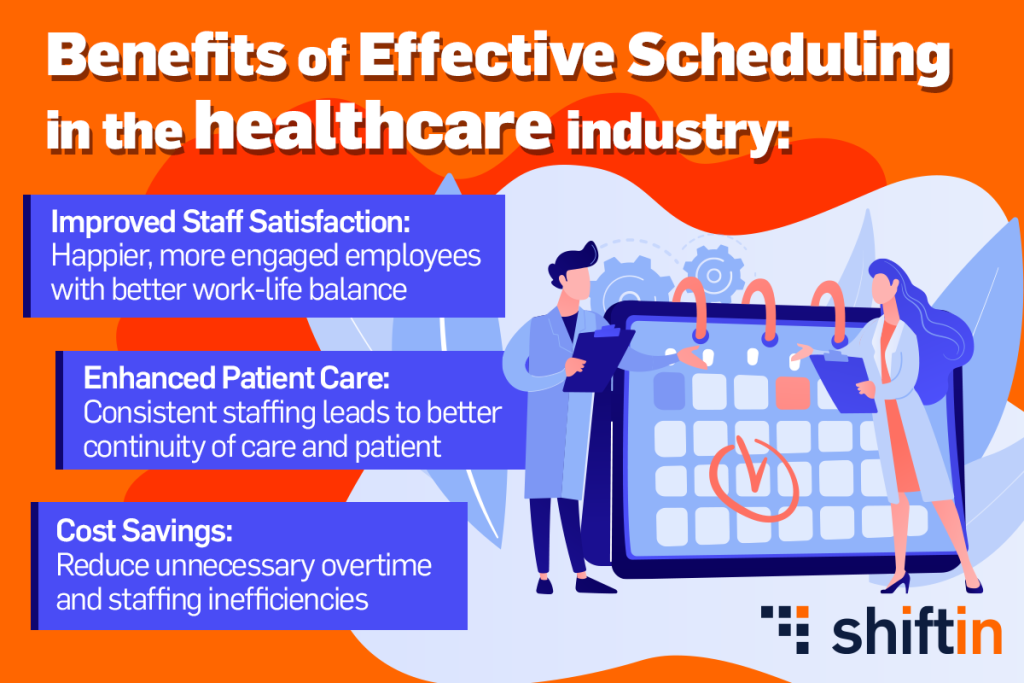Managementul clinic și medical devine din ce în ce mai complex și mai solicitant, întrucât managerii trebuie să gestioneze o gamă largă de aspecte, de la tehnologii emergente și reglementări în schimbare până la nevoile și așteptările în continuă evoluție ale pacienților. În ultimii ani, am asistat la o creștere rapidă a tehnologiilor medicale, la schimbări în reglementările și cerințele privind îngrijirea sănătății, precum și la o diversificare a nevoilor și așteptărilor pacienților.
Odată cu avansul tehnologic, apar tot mai multe instrumente și sisteme care pot fi integrate în practica clinică pentru a îmbunătăți eficiența și calitatea îngrijirii pacienților. De exemplu, utilizarea telemedicinei, a inteligenței artificiale și a analizei datelor poate revoluționa modul în care se furnizează serviciile medicale și se gestionează pacienții. Cu toate acestea, implementarea și gestionarea acestor tehnologii necesită expertiză și resurse adecvate, ceea ce adaugă o nouă dimensiune de complexitate în managementul clinic.
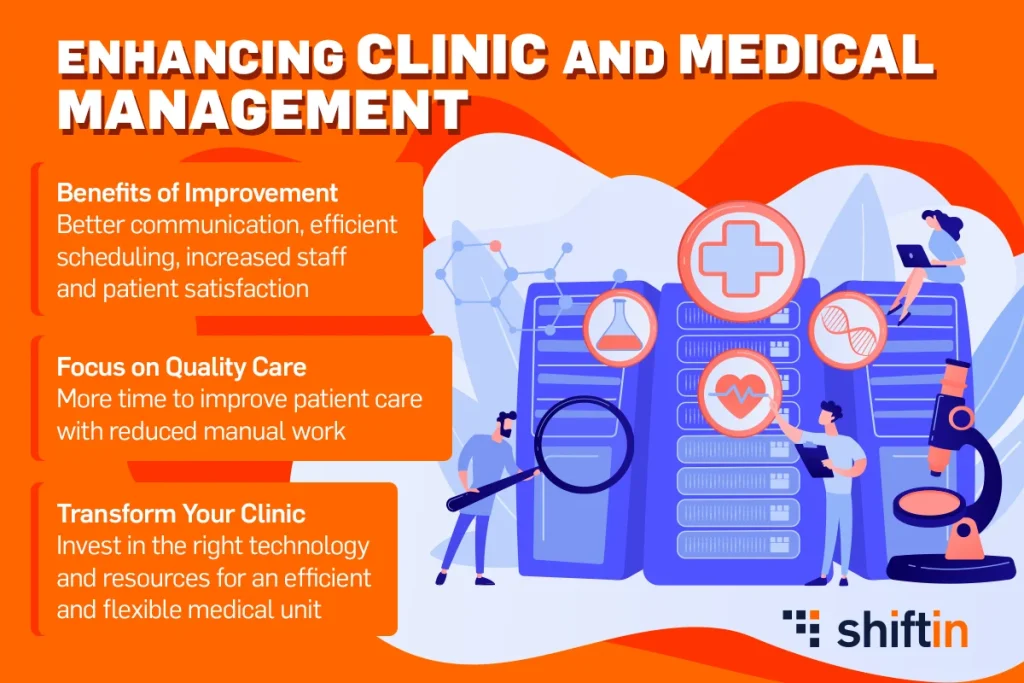
Ce înseamnă managementul clinic?
Managementul clinic implică coordonarea tuturor operațiunilor unei instituții medicale, incluzând îngrijirea pacienților, fluxurile administrative și funcțiile financiare. Aceasta presupune implementarea unor sisteme eficiente pentru programare, facturare, ținerea registrului electronic și comunicarea cu pacienții. Un management clinic eficient include, de asemenea, supervizarea personalului și asigurarea faptului că membrii echipei se pot concentra pe îngrijirea pacienților.
Managementul clinic este esențial pentru buna desfășurare a activităților într-o unitate medicală. Cum poți deveni mai eficient în acest domeniu? Iată câteva strategii simple pentru a-ți îmbunătăți abilitățile de management medical în 2024.
Strategii de îmbunătățire a managementului clinic
Solicită feedback anonim de la personal și pacienți
Nu face schimbări doar pentru a le face. Încearcă să identifici punctele slabe ale managementului tău printr-un feedback anonim de la angajați și pacienți. Aflând ce trebuie îmbunătățit, poți implementa schimbările necesare pentru a îmbunătăți eficiența și satisfacția.
Analizează fluxul de lucru pentru a determina nevoile de personal
Examinează trendurile de pacienți și modelele de lucru pentru a identifica nevoile de personal. Dacă un anumit schimb este mereu supraaglomerat, poate fi necesară redistribuirea angajaților pentru a echilibra sarcinile de lucru.
Respectă nevoile de programare ale angajaților
Oferă programe de lucru flexibile pentru a încuraja un echilibru sănătos între viața profesională și cea personală. Aprecierea nevoilor de programare ale angajaților pentru un echilibru muncă-viață mai bun poate contribui la îmbunătățirea moralului și a productivității.
Adoptă o metodă de comunicare mobilă pentru echipă
Folosește o aplicație de comunicare mobilă pentru a standardiza și simplifica comunicarea în echipă. Astfel, vei evita confuzia și vei asigura că toți membrii sunt la curent cu informațiile importante.
Trimite mementouri de programare pacienților în avans
Pentru a eficientiza procesul de programare și de admitere, trimite mementouri și formulare pacienților înainte de vizită. Acest lucru va reduce timpul de așteptare și va crește satisfacția pacienților.
Implementează un software pentru automatizare și centralizare
Folosește un software specializat pentru a automatiza și centraliza operațiunile clinice, inclusiv programarea personalului, urmărirea timpului și gestionarea datelor. Această abordare va reduce munca manuală și va îmbunătăți eficiența generală a managementului medical.
Prin aplicarea acestor sfaturi simple, poți îmbunătăți managementul medical și poți crea un mediu de lucru mai eficient și mai plăcut. Investind în tehnologie și în resursele potrivite, poți asigura o gestionare optimă a unității tale medicale, beneficiind de o comunicare mai bună, de o programare mai eficientă și de o satisfacție crescută atât pentru personal, cât și pentru pacienți.
Prin eliminarea muncii manuale, vei avea mai mult timp pentru a te concentra pe îmbunătățirea calității îngrijirii pacienților. Cu aceste sfaturi și cu ajutorul unui software pentru managementul medical, poți transforma clinica într-o unitate eficientă și flexibilă, oferind o îngrijire de înaltă calitate pacienților.
Încearcă shiftin pentru a îmbunătăți managementul medical prin programarea automatizată a angajaților și multe altele.
